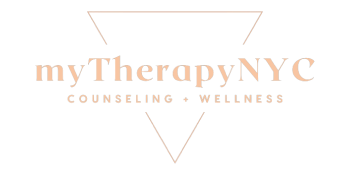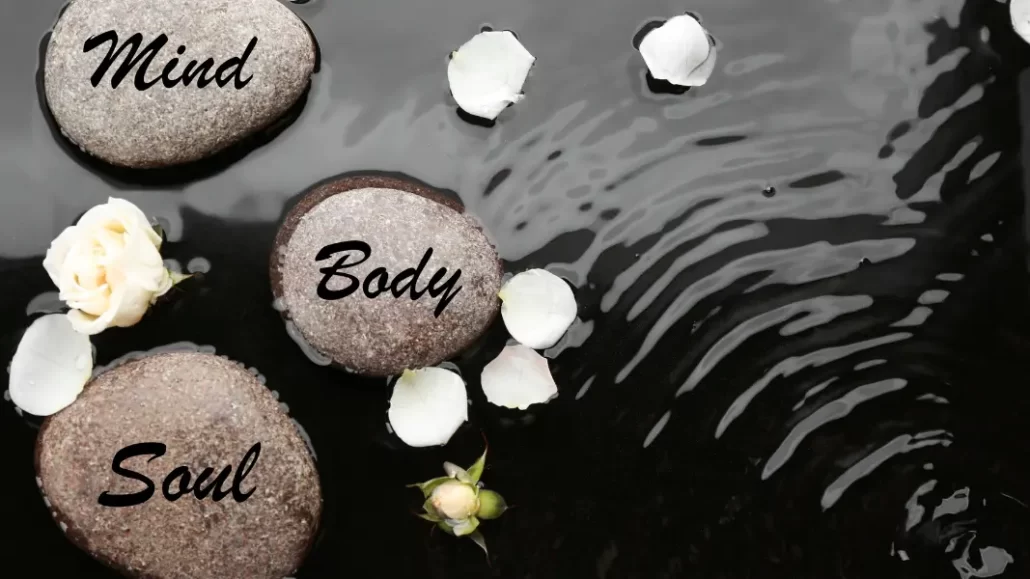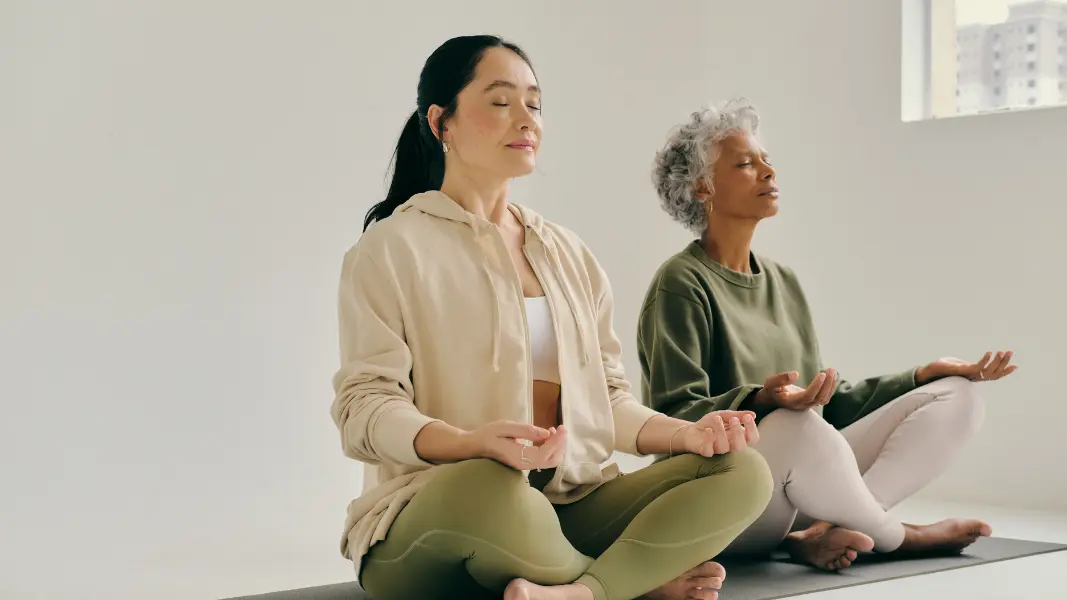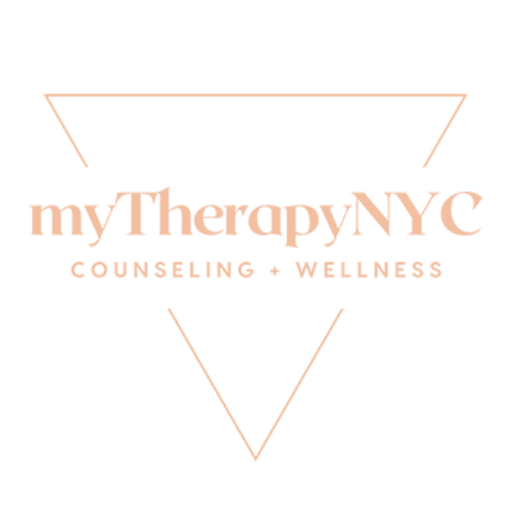Holistic wellness is a journey that involves the mind, body, and spirit. For BIPOC (Black, Indigenous, and People of Color) communities, this journey includes a rich history of resilience and a deep connection to ancestral wisdom. Understanding and addressing BIPOC holistic health and wellness practices requires viewing healing through a holistic lens, one that acknowledges the unique challenges and strengths that come with a history of systemic oppression. This blog will explore the historical roots, holistic approach, and ways to foster safe and effective practices for BIPOC communities to engage in holistic wellness.
Holistic Health and Wellness: A Historical Perspective
To understand BIPOC holistic wellness, we must acknowledge the historical context that has shaped these communities. From the legacy of slavery to the forced removal of Indigenous peoples from their ancestral lands, BIPOC communities have endured immense trauma. Additionally, this legacy of injustice has left deep scars that continue to affect mental, emotional, and physical well-being.
However, it’s crucial to also recognize the incredible resilience and strength that has been passed down through generations. Ancestral practices, rooted in connection with nature, spirituality, and community, have served as pillars of support. These traditions are not only sources of cultural pride but also tools of healing wisdom that continue to guide BIPOC individuals on their holistic wellness journeys.
The Holistic Lens – Mind, Body, and Spirit
Holistic wellness embraces the interconnectedness of mind, body, and spirit. For BIPOC communities, this means recognizing and validating the unique experiences and challenges that come from systemic racism, discrimination, and cultural disconnection.
A holistic approach to wellness means considering the individual as a whole. Specifically, this involves not just treating symptoms but understanding the root causes of imbalance. For BIPOC communities, this lens is vital! We must acknowledge historical traumas, systemic oppression, and intergenerational experiences and how these experiences profoundly impact mental and physical well-being.
Emotional and psychological well-being are central elements. Acknowledging and healing from the impacts of racism, microaggressions, and discrimination is a fundamental step. Encouraging wellness practices like mindfulness, therapy, and support groups can empower individuals to process and release these burdens.
Physical health encompasses not only diet and exercise but also the availability of culturally appropriate foods and spaces for movement. Access to fresh, traditional foods and safe recreational areas can significantly impact overall health.
Spiritual well-being should also be nurtured, respecting the diverse belief systems within BIPOC communities. Engaging with ancestral practices, meditation, prayer, or connecting with nature can provide a strong foundation for spiritual growth.
Read more about holistic wellness here.
Cultural Resilience and Healing Modalities
BIPOC communities have a rich library of healing modalities that draw from ancestral wisdom and cultural practices. Here are a few examples:
Herbal Medicine
Many BIPOC cultures have a deep tradition of herbal healing. For instance, in African and Indigenous cultures, plants like sage, aloe, and turmeric have been used for generations.
Mindfulness and Meditation
Practices like mindfulness and meditation are healing pillars in various BIPOC cultures. For example, mindfulness can be found in the African concept of “Ubuntu” and Native American traditions like the Medicine Wheel.
Traditional Dance and Movement
Dance is a powerful form of expression and healing in many BIPOC cultures. It fosters a sense of community, connection, and physical well-being.
Art Therapy
Creativity is a potent tool for healing. In BIPOC communities, art often serves as a medium for expressing cultural identity, resilience, and personal growth.
Cultural Based Practices
Healing or prayer circles, storytelling, and energy healing are ways to encourage communal healing that is inclusive to all and allows for spiritual and/or religious integration.
Creating Safe and Effective Practices
To create, develop, and support safe and effective holistic wellness practices for BIPOC communities, it’s imperative to involve the community itself. Here are some strategies:
Accessibility and Affordability
Address barriers to access, such as financial constraints and transportation issues. Offering sliding scale fees, communal donations, and online resources can make holistic wellness more accessible.
Community-Led Initiatives
Empower community leaders and organizations to take the lead in developing wellness programs. This ensures that practices are culturally relevant and rooted in the community’s own strengths and traditions.
Intersectionality
Recognize and honor the diversity within BIPOC communities. Understand that experiences may differ based on factors like gender, sexual orientation, and immigration status.
Cultural Competence
Ensure that wellness practitioners are culturally competent and aware of the unique experiences and needs of BIPOC individuals. This includes understanding the historical context and respecting cultural practices.
Trauma-Informed Care
Provide training for and seek out wellness practitioners in trauma-informed care. Recognize that many BIPOC individuals may have experienced trauma related to systemic oppression.
Read more about racial trauma here.
BIPOC holistic wellness is a journey of healing, resilience, and empowerment. By understanding the historical context, embracing a holistic lens, and actively involving the community, we can create safe and effective practices that honor the unique strengths and challenges of BIPOC individuals. Together, we can build a future where holistic wellness is a birthright for all.
Are you interested in exploring a holistic wellness approach to mental health? Reach out to myTherapyNYC to find out which of our therapists would be a good fit for you!
What are ways you engage in or support holistic wellness? Join the conversation in the comments below
- Healing Money Wounds: Nurturing Financial Wellness - March 14, 2024
- Let’s Talk About Holistic Wellness Practices for the BIPOC Community - December 7, 2023
- Tips for Coparenting After Divorce - October 20, 2022






4 comments
Thank you for this blog, Christina! the acknowledgment of the BIPOC community and the efforts that go into discovering and fostering wellness is something that isn’t discussed enough. Appreciate this blog deeply!
Christina,
“Engaging with ancestral practices, meditation, prayer, or connecting with nature can provide a strong foundation for spiritual growth.” This resonated with me on so many levels. Thank you for creating this blog.
Christina,
“Engaging with ancestral practices, meditation, prayer, or connecting with nature can provide a strong foundation for spiritual growth.” This resonated with me deeply. Thank you for creating this blog.
I felt so good reading about the healing modalities. Thank you for this!